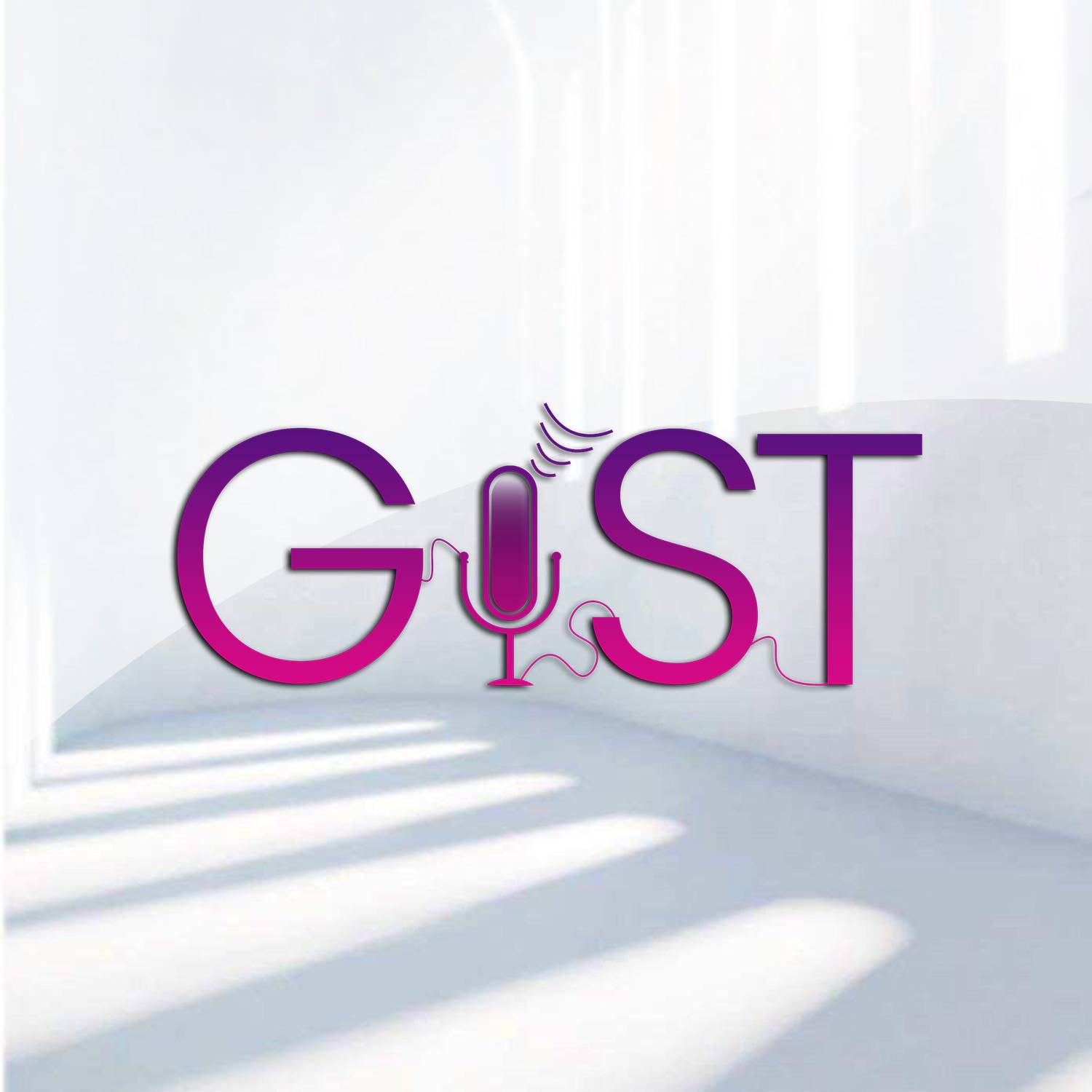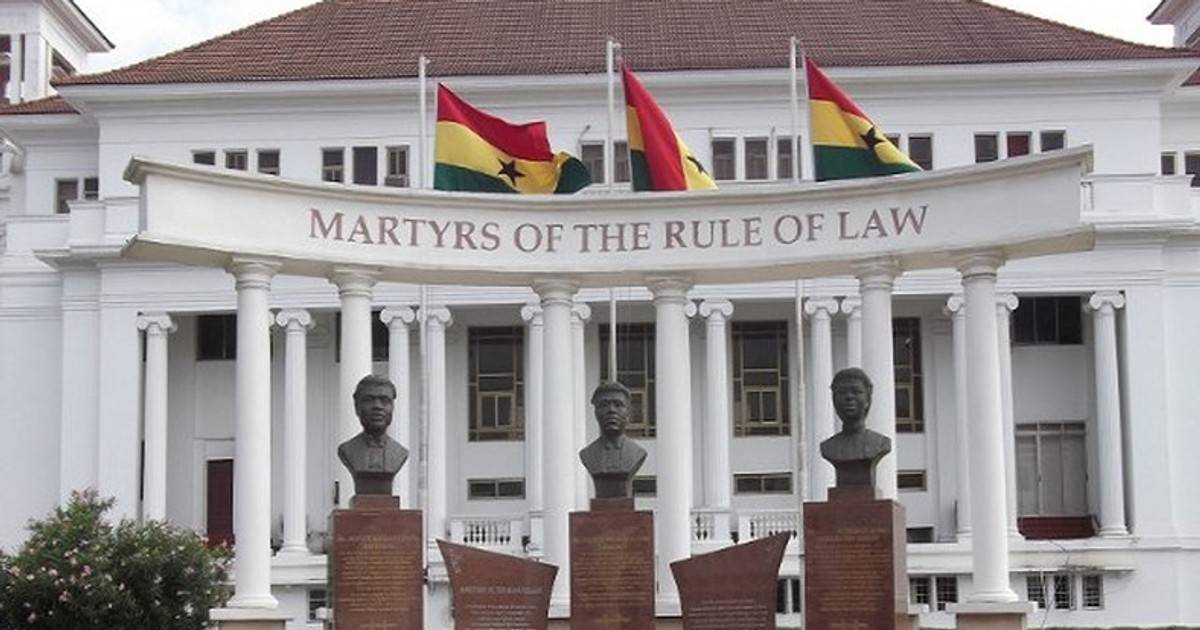Renowned legal practitioner Thaddeus Sory has launched a scathing attack on the Ghana Bar Association (GBA), accusing it of selective activism and a deafening silence in the face of past judicial misconduct. In a statement released on April 29, Sory challenged the legal and moral coherence of the Bar's recent resolution demanding the reinstatement of the suspended Chief Justice and withdrawal of the Acting Chief Justice's administrative directive.
Sory questioned the timing and sincerity of the GBA's position, which was passed on Saturday, April 26, but only surfaced publicly on Tuesday, April 29. "It took two whole days for the Bar's resolution to even see the light of day," Sory noted, highlighting the delay and potential motives behind the Association's actions.
The GBA's call for the President to revoke the suspension of the Chief Justice was labeled "legally flawed and disrespectful" by Sory. According to the GBA resolution, the President's action was "unconstitutional" and taken "in the absence of a published Constitutional Instrument, Statutory Instrument or Regulation(s)," per Article 296 of the 1992 Constitution. However, Sory dismissed this reasoning outright, citing Article 146(10) of the 1992 Constitution.
"The President may, acting in accordance with the advice of the Council of State, suspend the Chief Justice," Sory quoted. "This means that unless there is advice from the Council of State, the President cannot suspend the Chief Justice. The word 'may' here does not grant discretion to act unilaterally. Once advised by the Council of State, the President is constitutionally bound to act—he must suspend."
Sory's criticism went beyond constitutional interpretation. He pointedly asked why the GBA had remained silent during what he described as troubling administrative overreach by the now-suspended Chief Justice. "When she was in office, the Bar raised no objections as she reassigned judges and altered case allocations," Sory wrote. "Did they then suggest she rely on an algorithm or random generator to assign cases?"
Sory further alleged that under the Chief Justice's leadership, unconstitutional and unlawful administrative guidelines were issued, causing "financial loss to the Republic through ill-conceived launches." He bluntly stated, "Where was the Bar when the suspended Chief Justice issued unconstitutional and unlawful administrative guidelines and practice directions?" If the GBA claims it was unaware of these actions, Sory insisted that defense would not hold: "I wrote publicly on those very matters."
The lawyer accused the Association of inconsistency, hypocrisy, and playing politics with the law. "The Bar's position implies that the powers of the office are personal to the suspended Chief Justice," Sory said, countering that the administrative authority to assign cases lies with the office of the Chief Justice, not the individual. "Therefore, anyone constitutionally recognized as the Chief Justice, including one serving in an acting capacity, is empowered by law and practice to assign cases."
Sory concluded by daring the Bar to test its claims in court. "There is no need for threats or rhetorical outrage. If the Bar believes it has a case, let it go to court. But history is not on their side. Past attempts have yielded embarrassing defeats." He drew a clear line between legal principle and institutional entitlement: "The law is not in the bosom of the Bar."
This criticism raises important questions about the role of the GBA and the rule of law in Ghana's judicial system. The Association's silence on past judicial misconduct and its sudden activism in the face of the Chief Justice's suspension have sparked debate about its motives and consistency. As the legal community and the public at large continue to follow this story, one thing is clear: the Ghana Bar Association's actions will be under intense scrutiny.
The controversy surrounding the GBA's resolution has also highlighted the need for transparency and accountability within the judicial system. As Sory pointed out, the Association's inconsistency and hypocrisy undermine its credibility and effectiveness in promoting the rule of law.
Ultimately, the outcome of this debate will depend on the Ghana Bar Association's willingness to engage in a nuanced and principled discussion about the role of the judiciary and the rule of law. As the Association navigates this complex issue, it must prioritize consistency, transparency, and accountability to maintain the trust of the legal community and the public.
In conclusion, the criticism leveled against the Ghana Bar Association by Thaddeus Sory serves as a timely reminder of the importance of upholding the rule of law and promoting transparency and accountability within the judicial system. As the Association responds to these concerns, it must do so in a manner that prioritizes consistency, principle, and the public interest.




No comments yet
Be the first to share your thoughts!